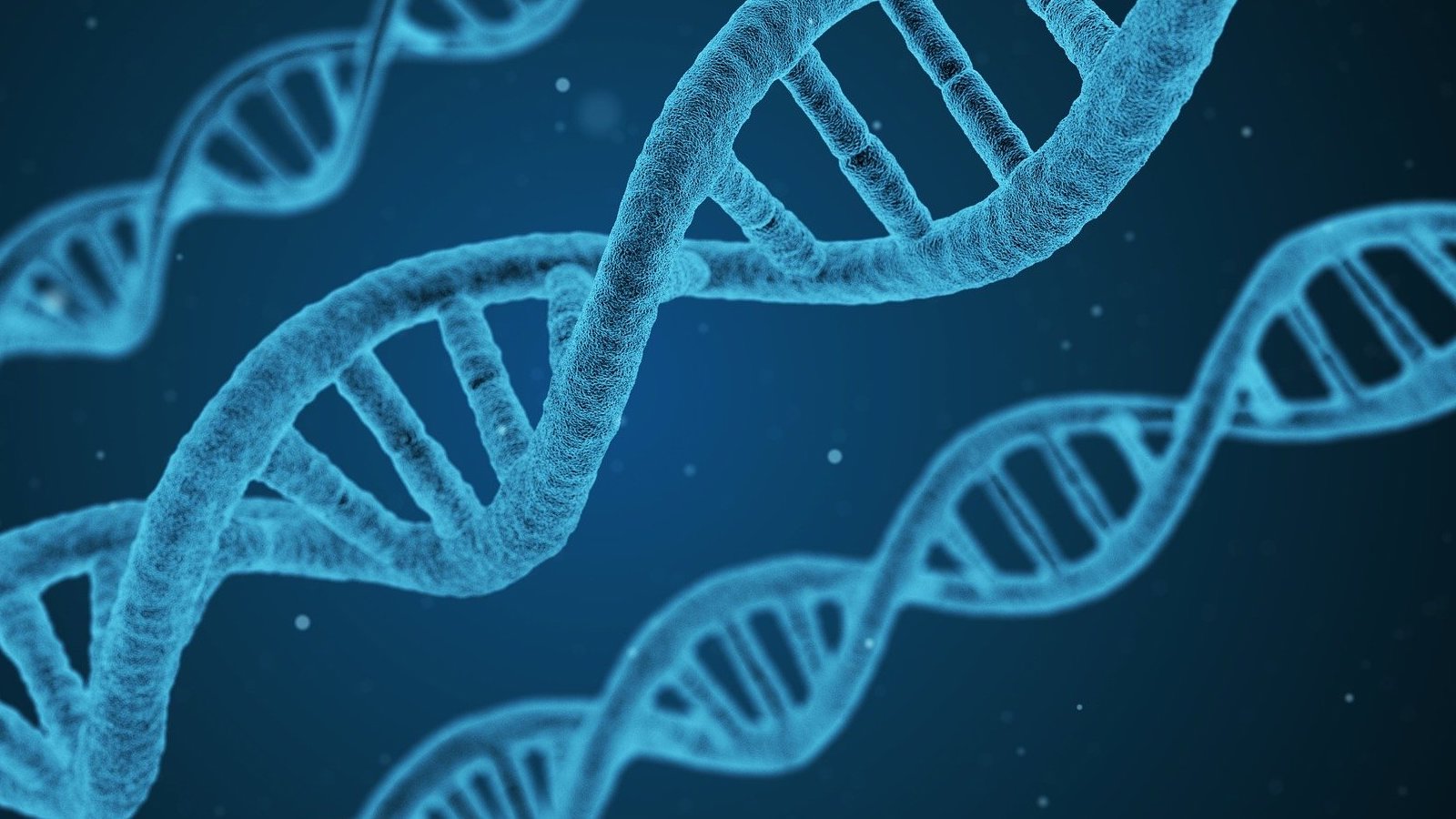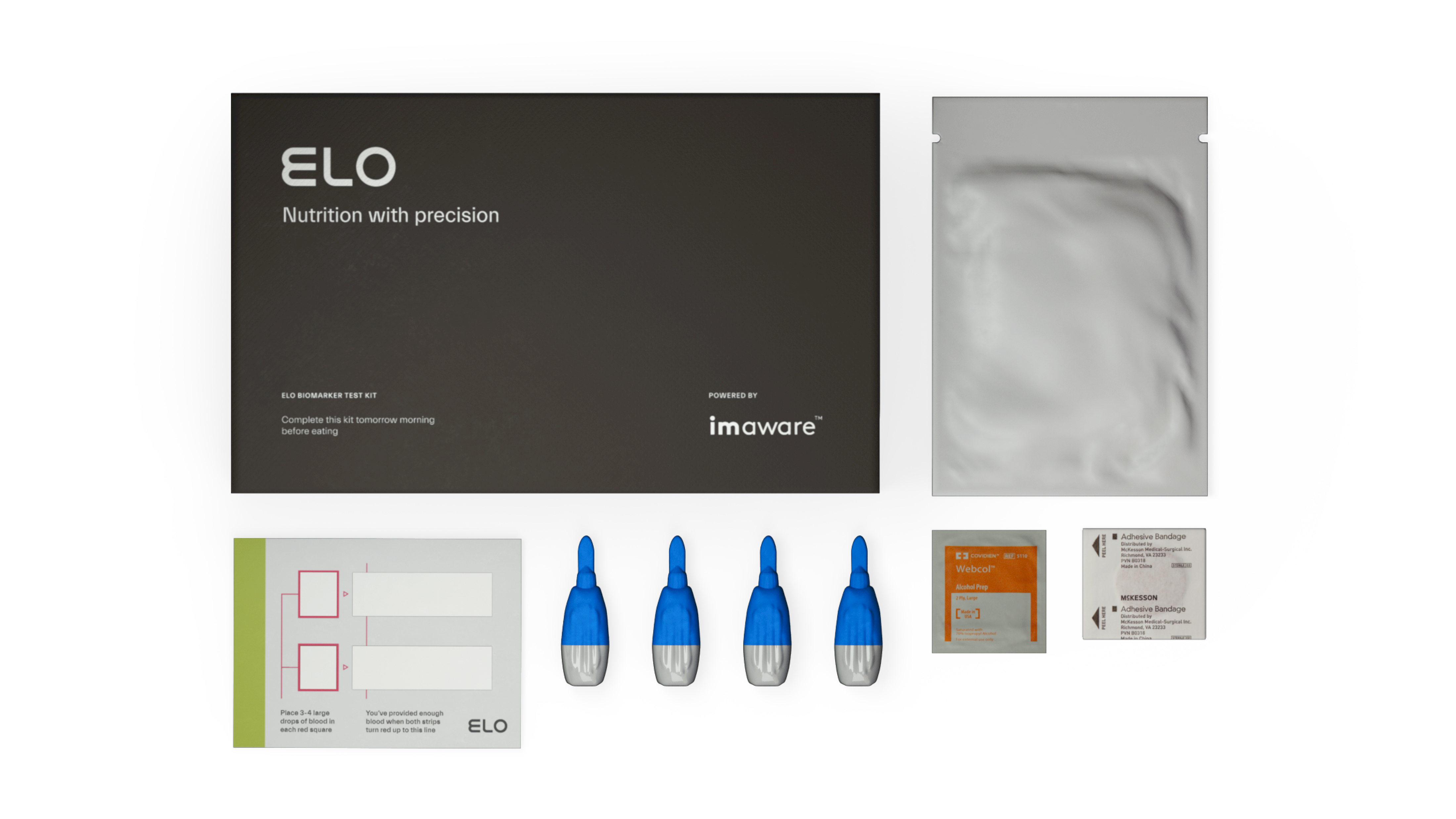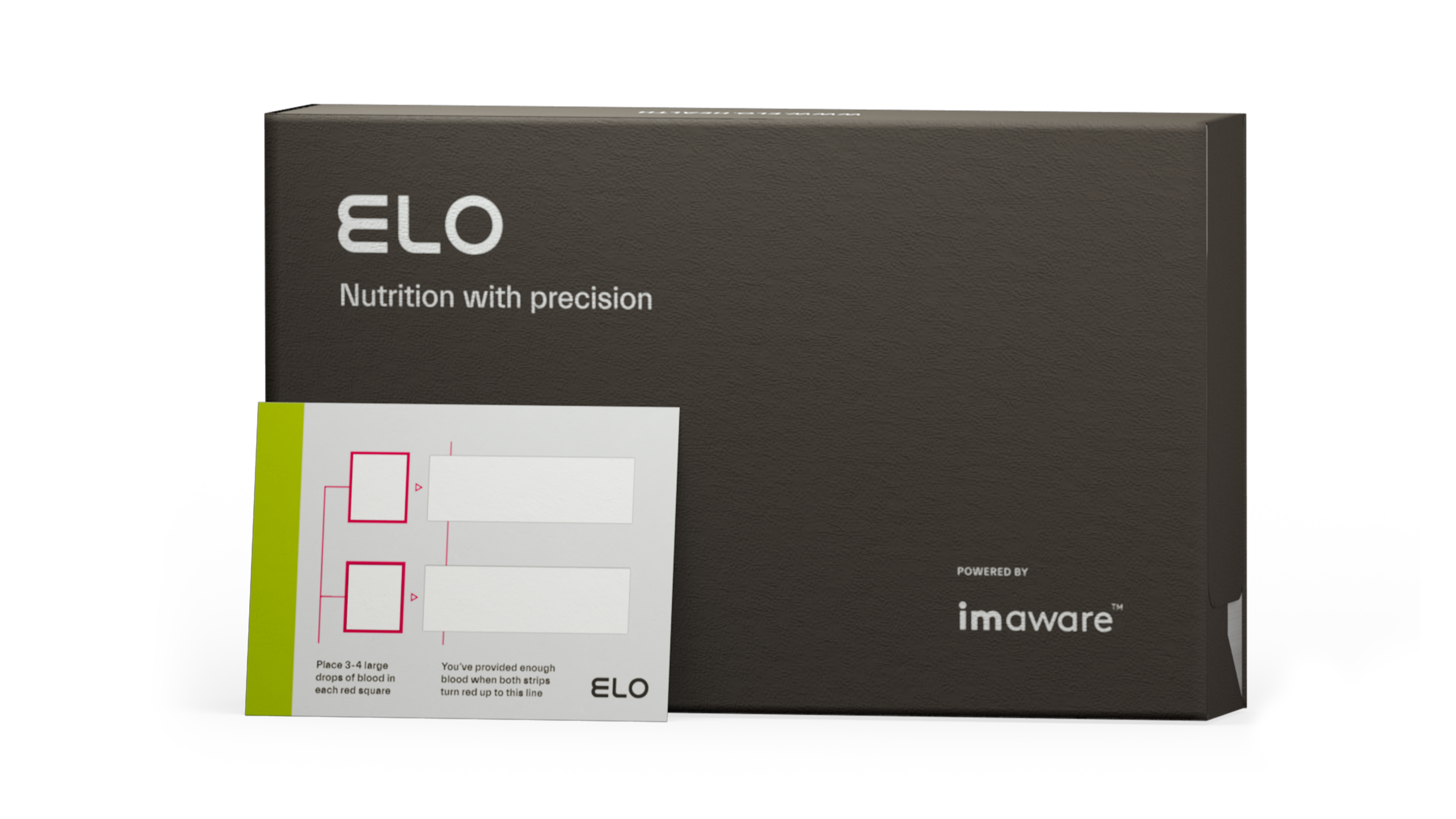Articles
- 0 comments
- by Ari Tulla
The Best Comprehensive Blood Biomarker Tests (2026 Review)
Who offers the best actionable health insights today? I tested Function Health, Superpower, Oura, Whoop, and Ultrahuman to find out. For decades, the annual physical has been a black box. You visit a doctor, get a standard lipid panel, and...
- 0 comments
- by Elle Penner, MPH, RD
Everything you need to know about homocysteine
Homocysteine is an amino acid in the blood, and while vitamin deficiency is the most common cause of high homocysteine levels, the symptoms can be hard to detect. Without treatment, elevated homocysteine increases your risk for numerous health conditions, including...
- 0 comments
- by Elle Penner, MPH, RD
Vitamin D supplements: do they work?
If you’re looking for ways to optimize your health, then go no further than vitamin D. This vitamin plays a crucial role in maintaining strong bones, reducing COVID-19 severity, and supporting immune and brain health, yet, despite its importance, many...
- 0 comments
- by Sarah Achleithner
Personalized nutrition doesn't cut it. Why 'Smart Nutrition' is the way of the future.
Nutrition is a complex science that involves many variables, which means there’s no “one size fits all” approach. Increasingly, consumers are looking for nutrition solutions tailor-made for their unique biology, goals, and preferences. To date, most of the personalized nutrition...
- 0 comments
- by Sarah Achleithner
Blood biomarkers we test at Elo and how they factor into your personalized nutrition plan
When it comes to nutrition, there’s not a “one size fits all” approach. While many companies offer “personalized nutrition” services based on generic questionnaires, we take personalized nutrition several steps further and incorporate blood biomarker results, wearable data, and personal...
- 0 comments
- by Jennifer Brassil
What is nutritional genetics/genomics and is it right for you?
Nutrigenomics and nutrigenetics, also known as nutritional genomics and nutritional genetics, may seem like relatively new words and that’s because they are! Science has only just begun to understand the relationship between nutrition and genetics within the last decade. Should you...
- 0 comments
- by Sarah Achleithner
What blood biomarkers tell you about your personal nutrition needs
Biomarkers provide many important insights into your health and can tell you a lot about your nutritional status. Between uncovering nutrient deficiencies and predicting your risk of disease, blood biomarkers can help you uncover your specific dietary needs so you...
- 0 comments
- by Sarah Achleithner
Issue 15: Why biomarkers matter
Digging into the numbers is our thing. We're constantly parsing data from clinical trials, evaluating dosing protocols, and analyzing biomarker results to deliver the best possible nutrition solutions for you. This edition is all about a specific set of numbers...
- 0 comments
- by Edwina Clark, MS, RD, CSSD
How to collect a successful blood biomarker sample at home
Blood biomarkers are commonly used to evaluate health and nutrition status, and thanks to the advancement of modern technology, some of them can be tested from home. If you’re a first-timer, this process can be a little intimidating so we’ve...








